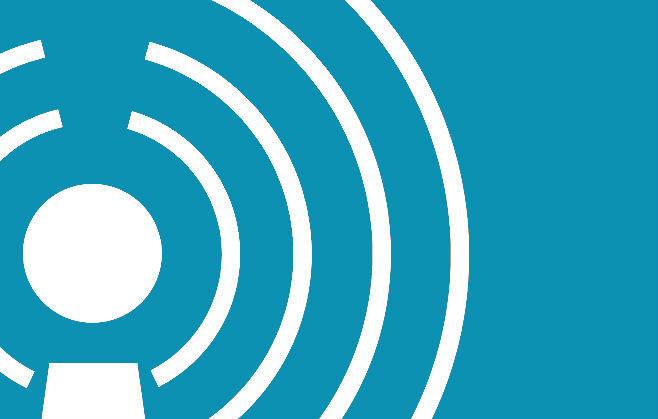
The Race for Internet: Google versus Facebook
We at The Practice were a little surprised when we heard that Google had purchased drone maker, Titan Aeropsace, after it was rumoured that Facebook would be acquiring the company. So just what might Google be able to achieve from its new purchase, and will this thwart Facebook’s progress towards global connectivity?
Only one month ago, it was reported that Facebook was looking to purchase the firm to enable air-based Internet services worldwide. So has Google jeopardised Facebook’s plans? Although Titan Aerospace is one of the leading drone manufacturers, that didn’t stop Facebook from turning to another worthy partner instead, UK-based Ascenta, who will be helping the social platform to develop solar-powered flying panels. And it sounds like fascinating work- the team of engineers will be working on a fleet drones that will be able to beam internet access onto remote areas of the globe.
While Facebook and the partners that comprise Internet.org, including Nokia, Samsung and Ericsson, are working on their own plans to bring the Internet worldwide, it seems that Google have a unique project in the works too. Last year, the tech giant revealed “Project Loon”, which involved sending a number of large balloons into the stratosphere to beam Internet access to isolated locations. The upside to this is the fact that it’s more cost effective than utilising solar-power drones, yet still provides the same amount and quality of wireless coverage. Therefore it seems strange that Google has acquired Titan Aerospace to aid this project, when surely it seems that Facebook would better benefit? Perhaps Google are covering more bases, or simply exploring both methods for enabling worldwide Internet access? We feel that this is certainly one aspect, yet the tech giant most certainly has another use for Titan- by way of Google Maps. Titan’s robots are reported to be able to take high-resolution images in real time, which will certainly facilitate Google in providing more data and coverage across the globe.
With both companies seemingly in competition, we wonder which method is likely to be more successful? According to The Verge, there are advantages to both: Titan’s Solara 60 drone wins in longevity, with a lasting power of around 1826 days, to a Google Loon weather balloon that could last a mere 100 days. Titan’s drones would also provide greater coverage- up to 1018 square miles in comparison to a Google weather balloon which would cover a smaller 485 square mile area. However, balloons are able to reach greater heights of up to 90,000 feet while Titan’s drones would be stationed at 65,000 feet. The other problem with drones is the health and safety factor- if one were to fall to earth, its huge scale and weight could pose a great danger. While both Facebook and Google are rapidly trying to expand their services and connect a greater audience, we wonder which company will gain more success and popularity in the long term. This will most definitely be a fascinating topic we’ll be keeping our eyes on.
Do you think that Facebook and Google will each succeed in bringing Internet connectivity to a greater number of people? We’d love to hear your thoughts as always, so please share them with us on Twitter @PracticeDigital, and leave your comments on our Facebook page.




